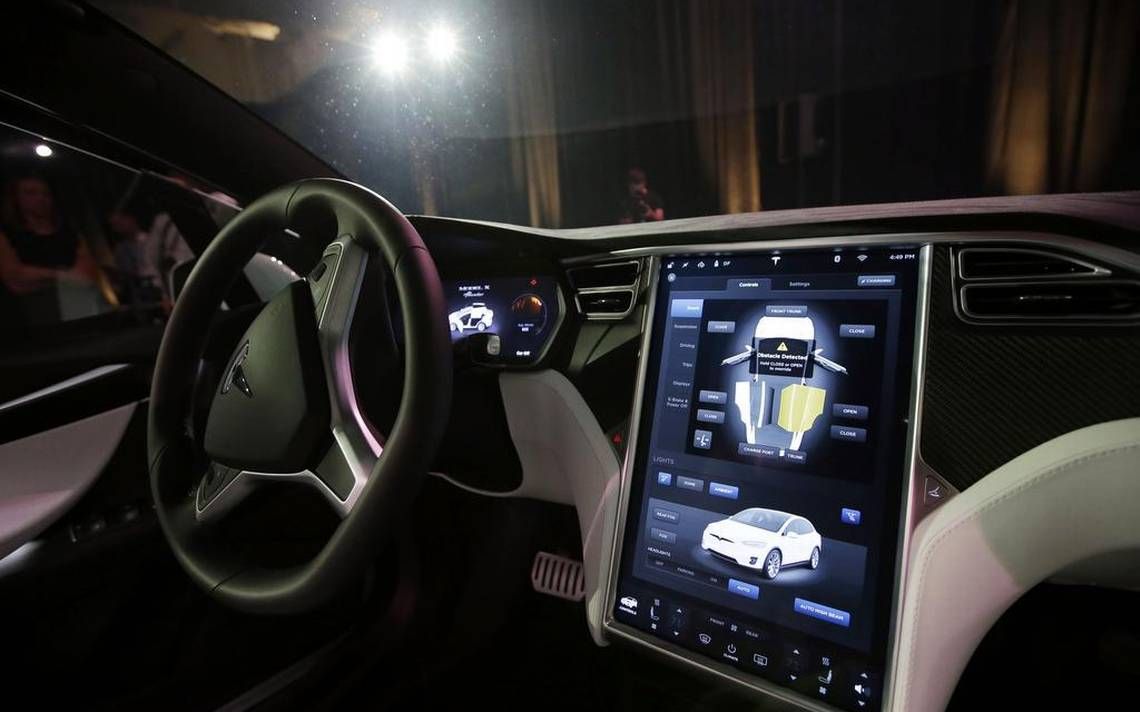
[ad_1]
There continues to be fallout from Volkswagen and Audi’s Dieselgate scandal. Former Audi CEO Rupert Stadler is set to confess his involvement in the affair to avoid serving a prison sentence. Prosecutors have agreed to the deal, according to Reuters.
Stadler was arrested in 2018 and has been on trial since 2020 for his role in the scandal. The confession, which Stadler’s lawyers said would be made on May 16, will help the former Audi boss avoid serving a 1.5-2-year sentence. However, he will be on the hook for payment of €1.1 million ($1.2 million at today’s exchange rates).
In September 2015, the US Environmental Protection Agency announced that VW had violated the Clean Air Act. It wasn’t until November 2016 that regulators discovered Audi engineers also employed a cheat device. The automakers had installed illegal software onto their diesel vehicles designed to circumvent emissions tests in America.
The scandal dinged its sales, falling from 500,000 in 2012 to 323,000 four years later in 2016. The automaker has been working on revamping its image in America, launching an ad campaign in 2019 to apologize for its actions while emphasizing its new future with electric vehicles.
In the wake of the Volkswagen scandal, government agencies took a closer look at other automakers. Mercedes-Benz, BMW, Fiat Chrysler Automobiles (now Stellantis), and others were also caught cheating emission regulations. Stadler isn’t the only former Audi employee on trial, with former executive Wolfgang Hatz and an engineer also facing scrutiny. However, the two have confessed to manipulating engines. Stadler has previously rejected the allegations of his involvement.
VW Group’s actions eventually led to the company facing billions in fines in the US and other countries worldwide where it sold defective vehicles. Earlier this year, South Korea announced that Audi, along with Mercedes-Benz, BMW, and Volkswagen, would face a combined fine of 42.3 billion won ($31.9 million at today’s exchange rates) for colluding to cheat emissions standards.
[ad_2]
Source link

